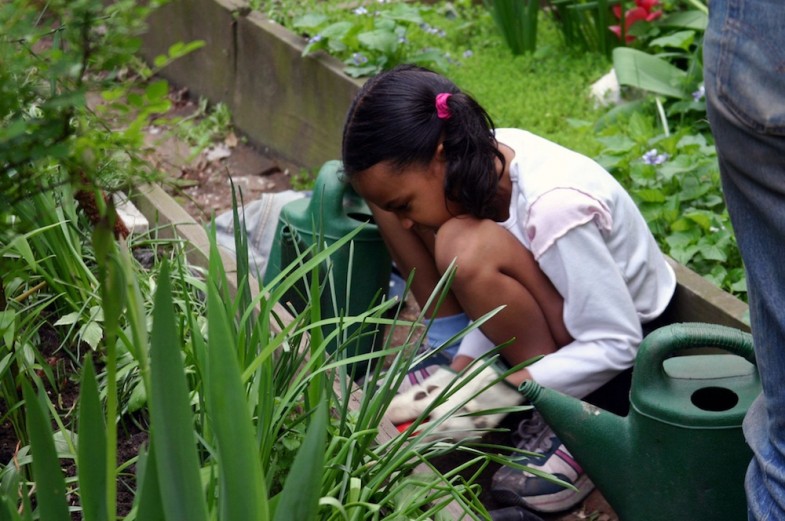The term “commoning” has been popularized by historian Peter Linebaugh, whose book The Magna Carta Manifesto shows that the founding document of Anglo-American democracy repeatedly affirms people’s right to use the commons to fulfill their basic needs. A majority of English people, known as “commoners,” derived at least part of their livelihoods from the commons before the brutal onset of enclosures by wealthy landowners. Hence the word “commoning” describes people living in close connection to the commons. “I use the word because I want a verb for the commons,” Linebaugh explains. “I want to portray it as an activity, not just an idea or material resource.”
Robert Lovelace, our colleague from the Ardoch Algonquin First Nation, brings an Indigenous perspective to the importance of language in our commons work. He asserts that language is the “signature” of culture; in other words, how we speak to one another, and how we describe and discuss the world in which we live, determines our success in relating to the world. Indigenous systems of knowledge reflect empirical interaction with the earth, rational discovery, symbolic imagery, and social reinforcement—all of which is directed toward a deep understanding of the local.
What’s more, Indigenous languages tend to use verbs, rather than nouns as we do in English, as the foundation for communication. If we simply want to acquire “things,” then our present English language works fine. But if we want to relate with the world, make appropriate ecological choices, and rebuild collapsing environments, then we need to learn, think, and create in action words.
The word commoning, then, brings to life the essential social element of the commons. The act of commoning draws on a network of relationships made under the expectation that we will each take care of one another and with a shared understanding that some things belong to all of us—which is the essence of the commons itself. The practice of commoning demonstrates a shift in thinking from the prevailing ethic of “you’re on your own” to “we’re in this together.”
There are people at the heart of this trend who have come together to co-create and co-produce the world they want to see. We need not wait for someone else to undertake the work required to solve our problems. More people are beginning to look around their neighborhoods and say “Well, no one is using that vacant lot, we could plant a community garden there,” or “I think we can solve this neighborhood problem if a bunch of people pitch in to help.”
Commoning represents a new way for everyday citizens to make decisions and take action to shape the future of their communities without being locked into the profit-driven mechanics of the market or being solely dependent on government agencies for funding. However, most folks who make these kinds of decisions probably don’t call their actions “commoning”; instead they may simply think of their actions as “common sense.”
Commoning has always been a way of being, although we seem to notice its importance more readily when the commons are taken away from us. The loss of the commons robs people of their autonomy to meet basic needs for sustenance, economic security, and social connections. Thus, commoning involves taking your life into your own hands, rather than depending solely on outside forces to sell you what you need or to provide a pre-scripted path forward.
It’s a way to resist the dominant paradigm of modern life, which insists that what’s bought and sold in the market economy is the only way to provide fundamental meaning and sustenance in our lives. Commoning is also a way to tap into the hidden chamber within our imaginations, which harbors vivid images of different ways to live. Much of commoning depends on memory when we resurrect forgotten traditions and cultural practices. So it’s true that we are not just discovering the commons—we are inventing it is as well. As we rediscover how to interact and take responsibility in ways that are both old and new, and as we discover more elemental ways of interacting and organizing social and economic life, we engage in one of the oldest ways of being—that is, commoning.
Julie Ristau is a commons animateur and co-director of On The Commons, a commons movement strategy center connecting organizations and people with new ideas, practical solutions and each other to create change.

